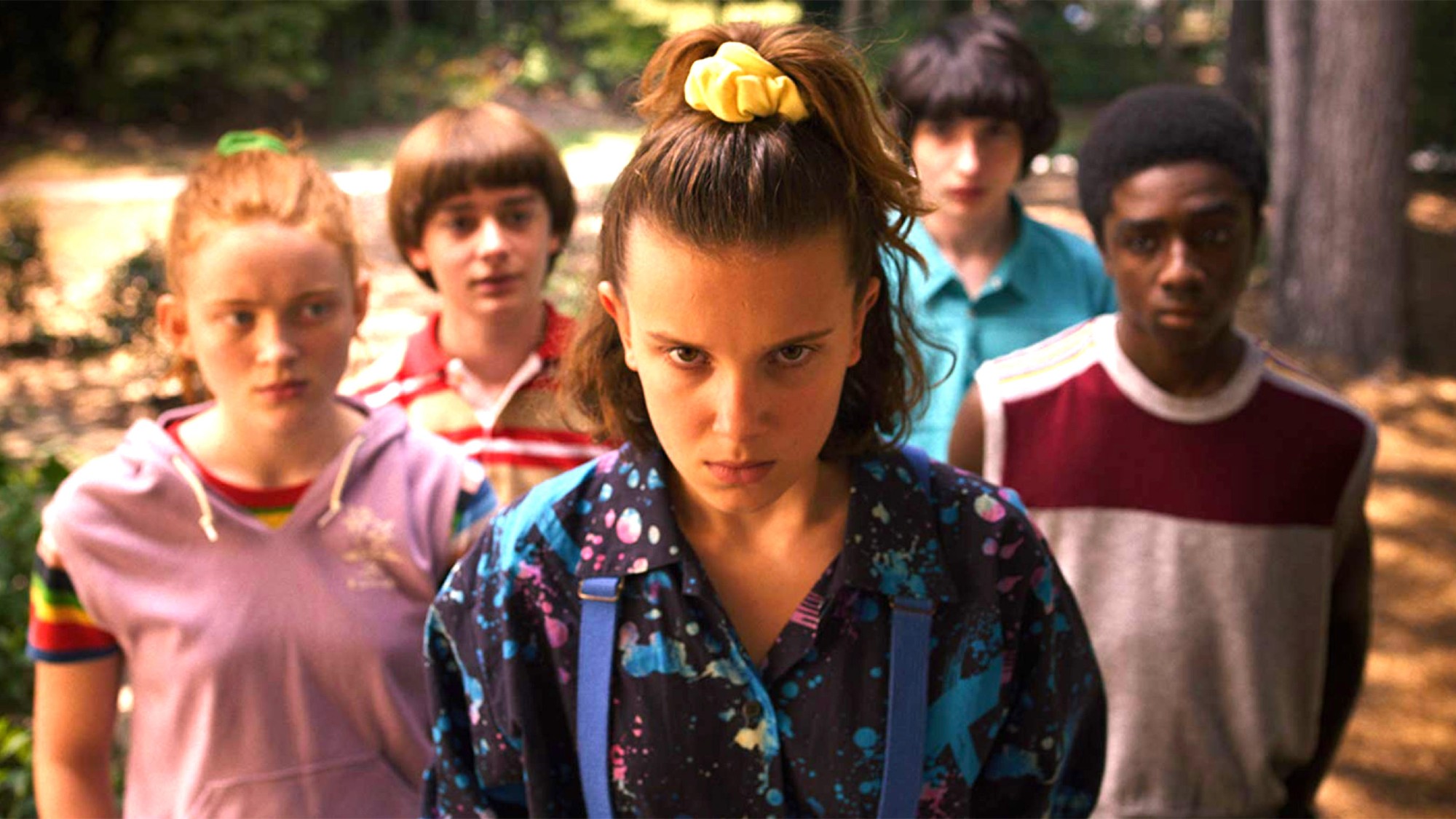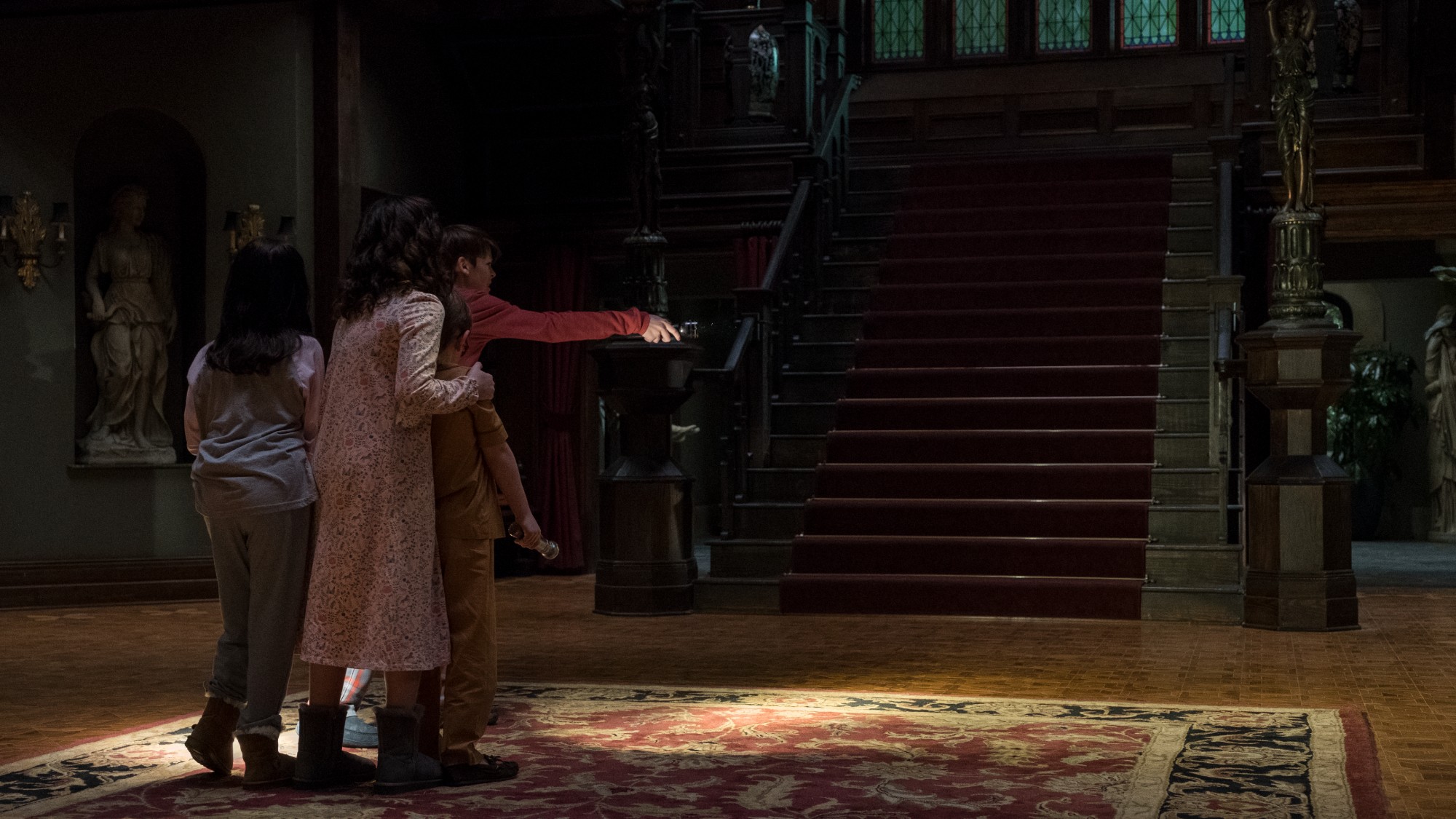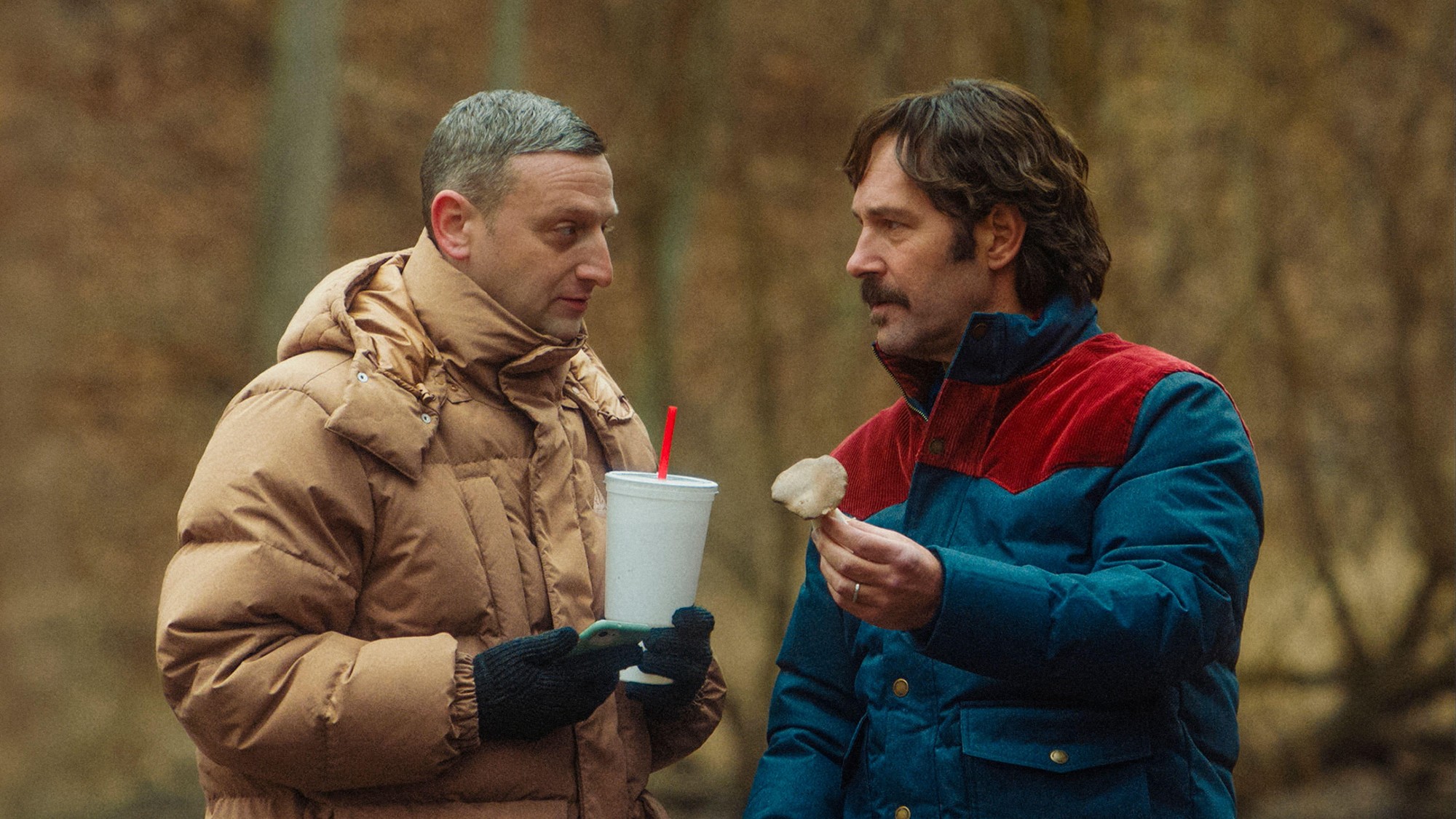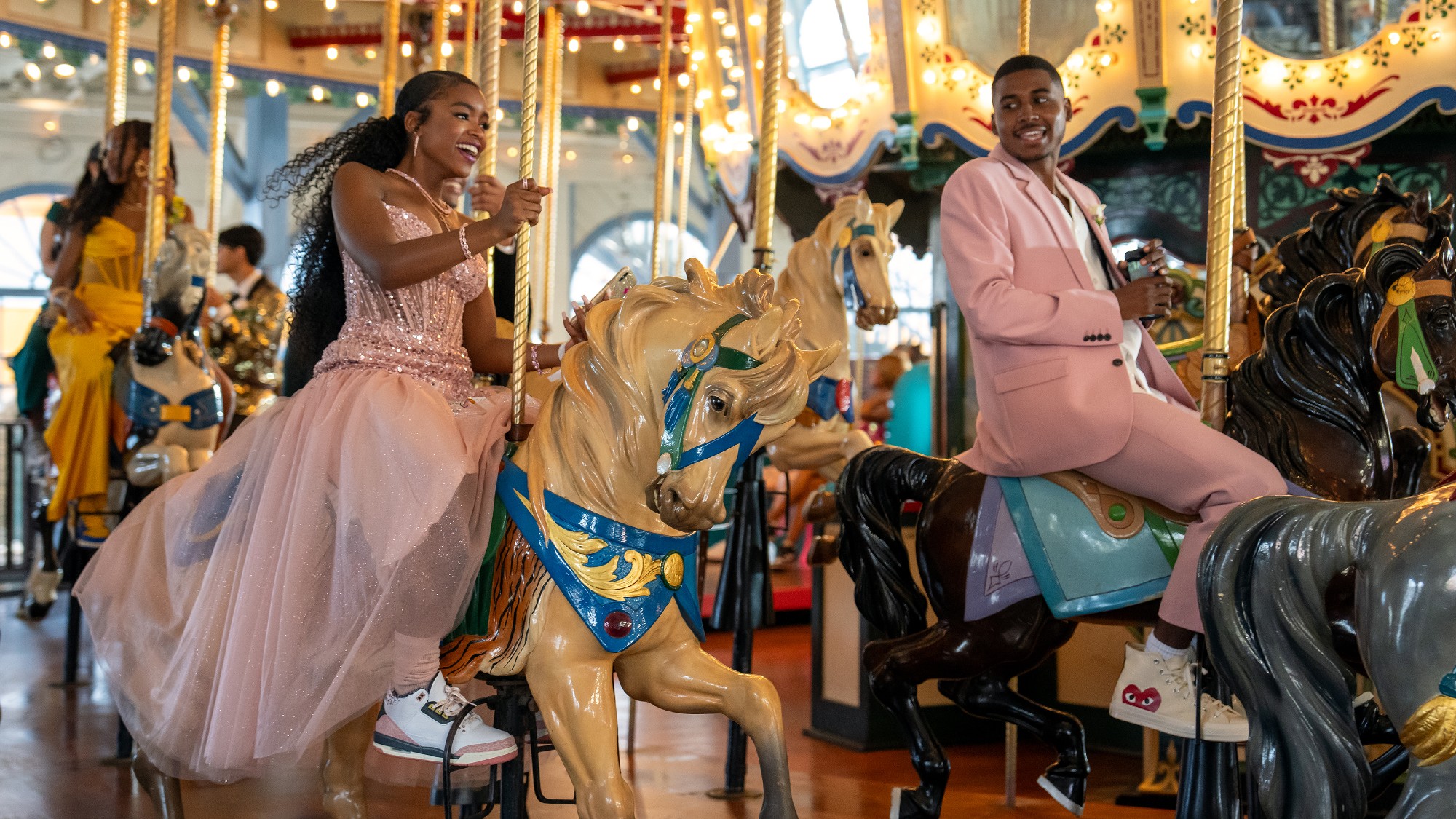Why is there such a long gap between TV seasons?
Ambitious productions and a focus on data are creating 'staggering' waits

A free daily email with the biggest news stories of the day – and the best features from TheWeek.com
You are now subscribed
Your newsletter sign-up was successful
If you've "ever sat down to watch the return of one of your favourite TV shows" only to realise that "it has been so long" since the previous series "that you cannot remember what happened", then "you are not alone", wrote Alex Farber in The Times.
As viewers increasingly bemoan the long gaps between seasons, Katherine Pope, a Sony Pictures Television executive, admitted this week that the pauses between each series of TV dramas are "frustrating", "untenable", and "not fair to the fans".
Growing old waiting
"Back when the broadcast networks ruled the world", wrote TV expert Josef Adalian for Vulture, "we'd rarely have to go more than four or five months before getting a fix of our favourite shows" – but all that has changed with the advent of streaming. Now, wrote James Poniewozik for New York Times, "you will grow old waiting for your favourite show to come back".
The Week
Escape your echo chamber. Get the facts behind the news, plus analysis from multiple perspectives.

Sign up for The Week's Free Newsletters
From our morning news briefing to a weekly Good News Newsletter, get the best of The Week delivered directly to your inbox.
From our morning news briefing to a weekly Good News Newsletter, get the best of The Week delivered directly to your inbox.
For instance, the new seasons of Apple Studio's "Severance" is not expected to return until January, three years after it last aired, while HBO's "Euphoria" will only start filming next year, three years after its last outing. Analysis of US drama found that the gap between seasons has now reached an average of 515 days, up from 381 days four years ago.
'Staggering' hiatus
The Covid pandemic and the US writers' strike have been responsible for some delays, but it's because "the process of making and distributing TV has become so expensive and complicated" that "an 18-month break between seasons has become common", wrote Adalian.
This is not only a post-pandemic issue because, as far back as 2018, Emily St James argued that the length of the gaps was becoming "staggering". Writing for Vox, she said shows are "getting more ambitious", in "both production values and storytelling". As "the degree of difficulty ratchets up a little more with every year", if a hit series "needs an extra three or four months to figure out how to top its previous season", most networks are "willing to take the risk of offering more time to get it right".
Speaking this week, Pope said the gaps are getting longer because broadcasters and the streaming industry are now too "data-driven" and this means they have to wait longer to make the big calls.
A free daily email with the biggest news stories of the day – and the best features from TheWeek.com
She believes that buyers are "biding their time before deciding on a recommission" because of "the growing focus on metrics in an on-demand world" in which "the bulk of viewing takes place in the weeks and months after the launch", wrote Farber.
Minding the gap
For some viewers, the longer gaps mean they forget the on-going plot lines. "More and more", wrote Poniewozik, re-joining a favourite series is "like trying to remember the details of high school trigonometry", as you wonder "which hobbit did what to whom".
The danger for the industry, then, is that this confusion means some viewers may simply give up. "In such a saturated world, we can't afford to lose fans," said Pope, and "it is hard enough to get them".
Although a "beloved franchise" such as "Stranger Things" or "Bridgerton" can "probably afford to make fans wait", said Adalian, when it comes to most shows, viewers "very much mind the gap".
Chas Newkey-Burden has been part of The Week Digital team for more than a decade and a journalist for 25 years, starting out on the irreverent football weekly 90 Minutes, before moving to lifestyle magazines Loaded and Attitude. He was a columnist for The Big Issue and landed a world exclusive with David Beckham that became the weekly magazine’s bestselling issue. He now writes regularly for The Guardian, The Telegraph, The Independent, Metro, FourFourTwo and the i new site. He is also the author of a number of non-fiction books.
-
 Political cartoons for February 15
Political cartoons for February 15Cartoons Sunday's political cartoons include political ventriloquism, Europe in the middle, and more
-
 The broken water companies failing England and Wales
The broken water companies failing England and WalesExplainer With rising bills, deteriorating river health and a lack of investment, regulators face an uphill battle to stabilise the industry
-
 A thrilling foodie city in northern Japan
A thrilling foodie city in northern JapanThe Week Recommends The food scene here is ‘unspoilt’ and ‘fun’
-
 February TV brings the debut of an adult animated series, the latest batch of ‘Bridgerton’ and the return of an aughts sitcom
February TV brings the debut of an adult animated series, the latest batch of ‘Bridgerton’ and the return of an aughts sitcomthe week recommends An animated lawyers show, a post-apocalyptic family reunion and a revival of a hospital comedy classic
-
 The 8 best hospital dramas of all time
The 8 best hospital dramas of all timethe week recommends From wartime period pieces to of-the-moment procedurals, audiences never tire of watching doctors and nurses do their lifesaving thing
-
 The 8 best horror series of all time
The 8 best horror series of all timethe week recommends Lost voyages, haunted houses and the best scares in television history
-
 Scoundrels, spies and squires in January TV
Scoundrels, spies and squires in January TVthe week recommends This month’s new releases include ‘The Pitt,’ ‘Industry,’ ‘Ponies’ and ‘A Knight of the Seven Kingdoms’
-
 The 8 best comedy movies of 2025
The 8 best comedy movies of 2025the week recommends Filmmakers find laughs in both familiar set-ups and hopeless places
-
 The best drama TV series of 2025
The best drama TV series of 2025the week recommends From the horrors of death to the hive-mind apocalypse, TV is far from out of great ideas
-
 The 8 best drama movies of 2025
The 8 best drama movies of 2025the week recommends Nuclear war, dictatorship and the summer of 2020 highlight the most important and memorable films of 2025
-
 The 8 best comedy series of 2025
The 8 best comedy series of 2025the week recommends From quarterlife crises to Hollywood satires, these were the funniest shows of 2025